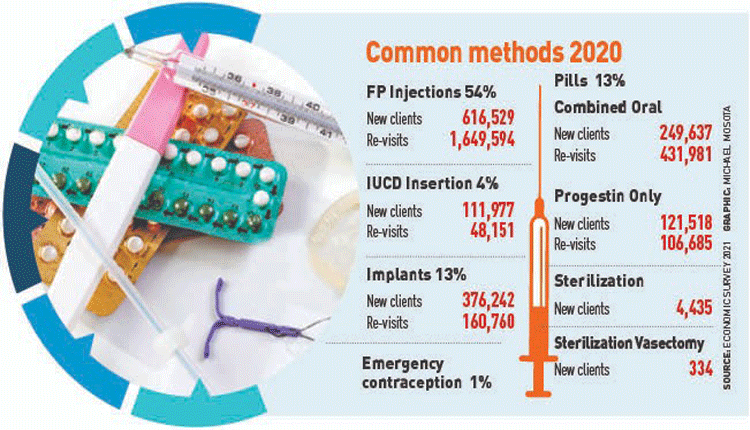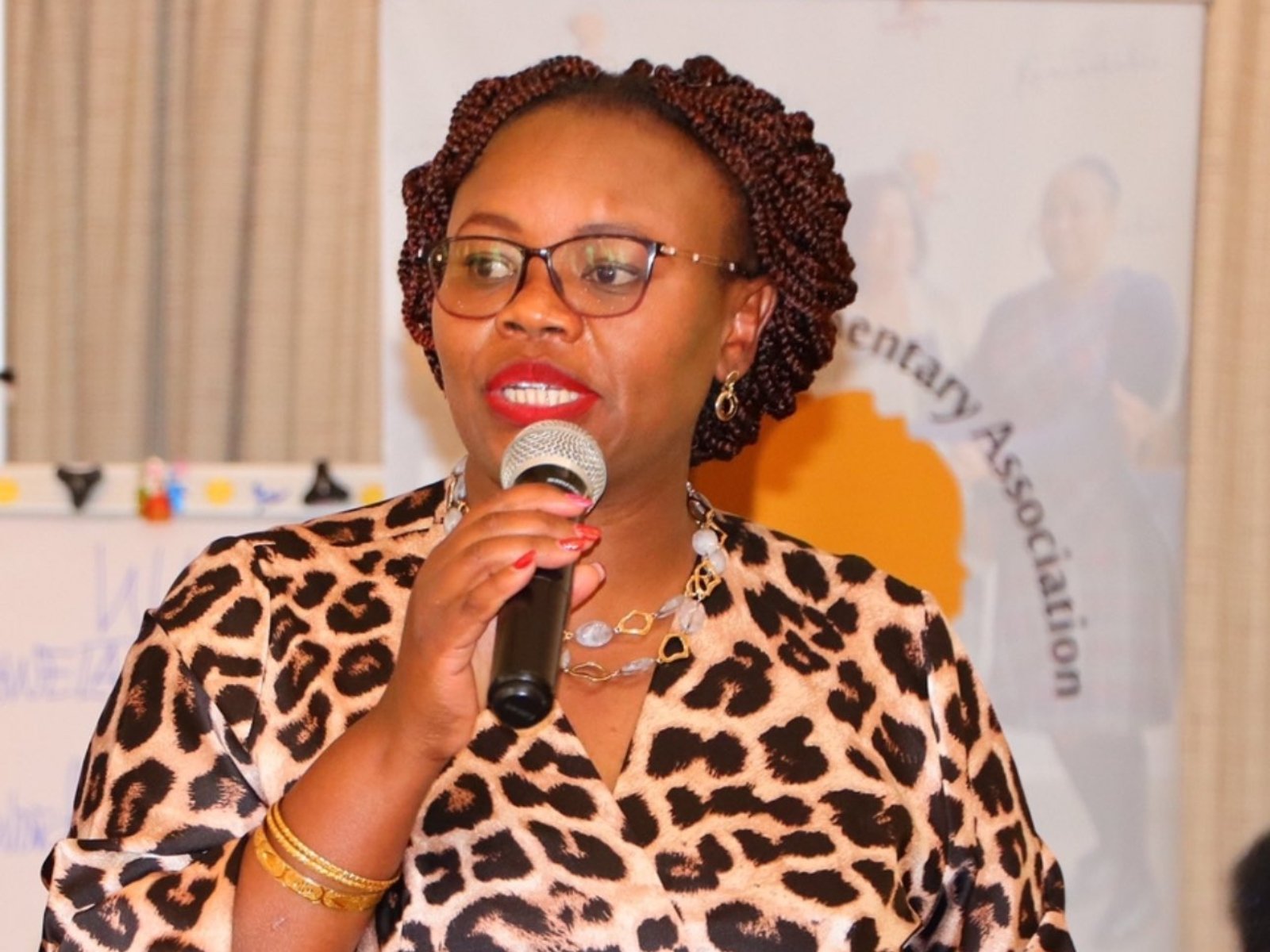Make contraceptives accessible, affordable

That 61 per cent of women of reproductive age in Kenya are using a modern form of family planning is good news. But the number could be higher if the country works hard to ensure these commodities and services are available and accessible.
Yesterday was World Contraception Day, with the theme, “Leaving No One Behind: Expanding Sustainable Access to Contraceptives in the Covid-19 Pandemic and Beyond,” and with the observation day was discussion on the need to increased domestic funding for family planning as the country has transitioned to middle income.
This means donors will slowly withdraw funding from various programmes including health to ensure the country is able to fund them on its own.
This prioritisation of funding is necessary as already 17 per cent of women of reproductive age are not able to find or use a modern method that is suitable for them.
It is also important against the backdrop of the pandemic, which interrupted services as well as the impact of former US President Donald Trump’s Gag Rule, which constrained supply chains of vital commodities to developing countries including Kenya.
Besides availability of commodities, the funding must also include training, mentorship and youth-friendly services.
Statistics indicate girls as young as 10 are getting pregnant, a preventable situation if they received age-appropriate information about sexual health and reproductive rights.
Young people are calling for consideration of their sexual health with facilities and services that are non-judgmental and easily accessible.
Government would be on the right to focus on this in bid to encourage family planning uptake and population dividends.
In his speech yesterday, Health Chief Administrative Secretary Rashid Aman said the budget for health 2020/2021 had increased from Sh111.7 billion to Sh121.1 billion, which will go to Universal Health Coverage under which family planning also falls.
It is therefore up to county governments to ensure they create a budget line for this vital service.
Besides that, they should also create awareness of these services and products, some of which are filled with myths that impede uptake.
Importantly, the government must avoid situations such as the distribution of contaminated commodities or delays in release of these products as was the case early this year.
With proper planning and budget allocation, such situations can be avoided and women all over the country would not have to worry about unintended pregnancies.












